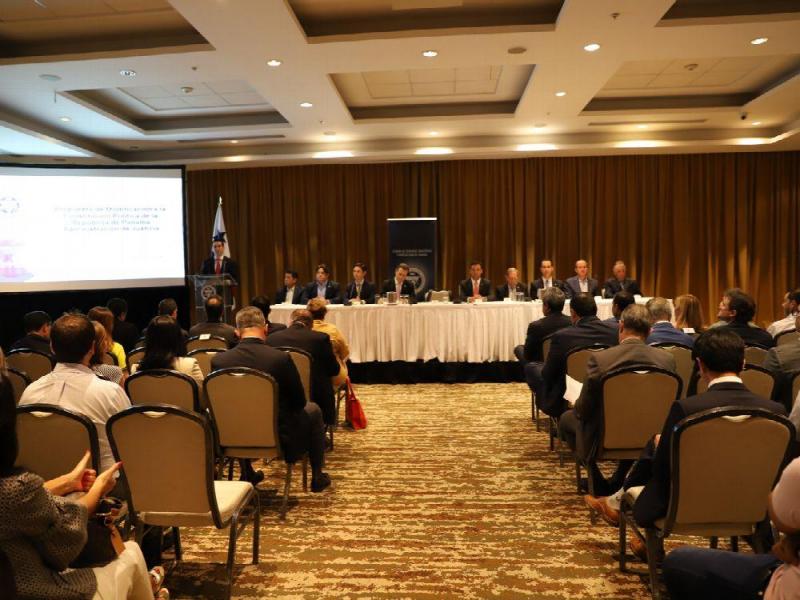Reform plan for Panama justice system
Panama’s Chamber of Commerce Industry and Agriculture (Cciap) has introduced a proposal for reforms to the constitution largely aimed at resolving one of the country’s most contentious issues a proposal for reforms to the constitution largely aimed at resolving one of the country’s most contentious issues – the administration of justice.
The proposal, presented by the Chamber’s president Gabriel Barletta, would extend the time in office of the magistrates of the Supreme Court (CSJ) from 10 to 20 years.
In addition, it proposes modifying the requirements to be a magistrate be modified, increasing the minimum age from 35 to 45 years, and requiring 10 to 15 years of experience in the exercise of law.
The initiative retains the power of the Cabinet Council to appoint magistrates, but the designation would be made from a list provided by a nine-member commission of Evaluation and Nomination, representing Associations and Guilds from the private sector, academic, and civic, NGOs, bar associations, workers and the Executive.
The ratification of the judges would require the approval of two-thirds of the National Assembly instead of the absolute majority currently required.
If the qualified majority in the Legislature is not achieved, the plenary session of the CSJ could appoint the new magistrate to a temporary position as well as the substitute judge.
The Executive should send a new candidate for ratification within 60 days. This candidate would come from the list provided by the Evaluation Commission.
Regarding the judicial function of the Legislative, it is proposed that the Assembly would hear complaints
against the president and the magistrates of the CSJ, and judge them. But the investigation would be carried out by the Public Ministry (MP).
The CSJ, it would hear complaints against the deputies and judge them, but the investigation would be done by the CSJ.
The attorneys of the Nation and the Administration would continue to serve for 10 years, but those appointed by the Executive would be from the list of the Evaluation Commission.
The proposal says that the Judicial Branch would elaborate its own budget and this could not be modified by the Executive.
Barletta said that the proposal is the product of work developed by constitutionalists that met for more than a year and concluded that the "center of democracy is justice."
Juan Planells Fernández, rector of the Santa María la Antigua University and member of the Observatory of the Judicial System, said that the proposed changes are necessary and trusts that the deputies will put their pettiness aside and approve the reforms.
The objective of the Cciap is that the reforms are approved, in three debates by this Assembly and are ratified by the deputies elected in 2019.
